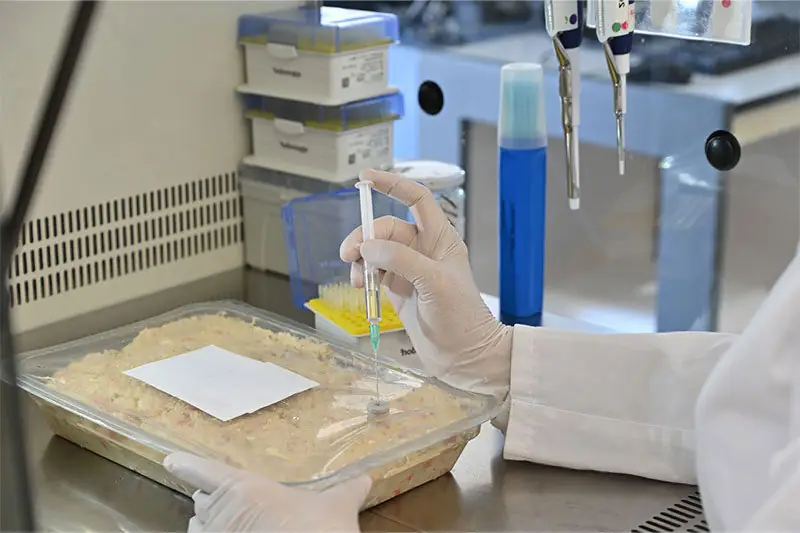USP 62 Specific Microorganisms in Cosmetic Products Testing
The United States Pharmacopeia (USP) Chapter Chapter 62: Microbiological Examination of Nonsterile Products for Specific Bacterial and Fungal Organisms outlines specific tests to ensure the microbiological safety of non-sterile cosmetic products. These tests are crucial in safeguarding public health, ensuring consumer protection against potential pathogens such as Bacillus cereus, Listeria monocytogenes, and Candida albicans. This service focuses on the testing of these specific microorganisms to meet stringent regulatory requirements.
The primary purpose of this test is to assess whether a cosmetic product contains any harmful or potentially hazardous microorganisms. The USP 62 tests are performed using advanced microbiological techniques that ensure precision and reliability in identifying the presence of listed organisms.
For quality managers, compliance officers, R&D engineers, and procurement personnel involved in cosmetic product development and manufacturing, ensuring compliance with these standards is critical. This service provides comprehensive support to meet regulatory requirements such as those set by ISO, ASTM, and other relevant authorities.
The testing process involves several stages: specimen collection, transport, inoculation onto appropriate media, incubation, and final identification. The success of this service depends on the integrity of each step, from sample collection to report generation. Rigorous quality control measures are implemented throughout the process to ensure accurate results.
Our laboratory adheres strictly to USP guidelines for specimen preparation and testing methodologies. This ensures that our reports meet or exceed regulatory standards, providing peace of mind for clients involved in cosmetic product development and manufacturing.
The results of these tests are critical not only for compliance with regulations but also for the reputation and safety of your brand. By ensuring that your products do not contain harmful microorganisms, you protect consumers from potential health risks. This service is essential for any company looking to maintain high standards of quality and safety in its cosmetic products.
The specific microorganisms targeted by this test are those known to cause spoilage or pose a risk to human health. Regular testing helps manufacturers stay ahead of potential issues, ensuring that their products meet the highest standards of safety and efficacy.
Applied Standards
| Standard | Description |
|---|---|
| USP Chapter 62: Microbiological Examination of Nonsterile Products for Specific Bacterial and Fungal Organisms | This standard outlines the specific testing required to ensure microbiological safety. |
| ISO 17025 | Ensures that laboratories meet international standards for competence in scientific testing and calibration services. |
| ASTM E2338-14 | American Society for Testing and Materials standard providing guidance for microbiological safety of cosmetics. |
Scope and Methodology
| Methodology | Description |
|---|---|
| Sample Collection | Collection of samples from the production process or finished products. |
| Inoculation | Introduction of the sample onto appropriate culture media. |
| Incubation | Periodic observation and incubation under controlled conditions to promote growth. |
| Identification | Use of microbiological identification techniques to determine specific microorganisms present. |
The methodology is designed to be thorough yet efficient, ensuring that all potential contaminants are identified. This involves a series of steps aimed at detecting and quantifying the specific microorganisms listed in USP 62. The laboratory uses advanced microbiological techniques and state-of-the-art equipment to ensure accurate results.
Competitive Advantage and Market Impact
- Rigorous adherence to USP guidelines ensures compliance with international standards.
- Advanced testing methodologies provide precise, reliable results.
- Expertise in specimen preparation enhances the accuracy of test outcomes.
- Adept at handling complex cosmetic formulations without compromising on quality.
Our commitment to excellence in microbiological safety testing provides a competitive edge for our clients. By ensuring that your products meet or exceed regulatory requirements, we help you maintain a strong market presence and protect consumer trust.





